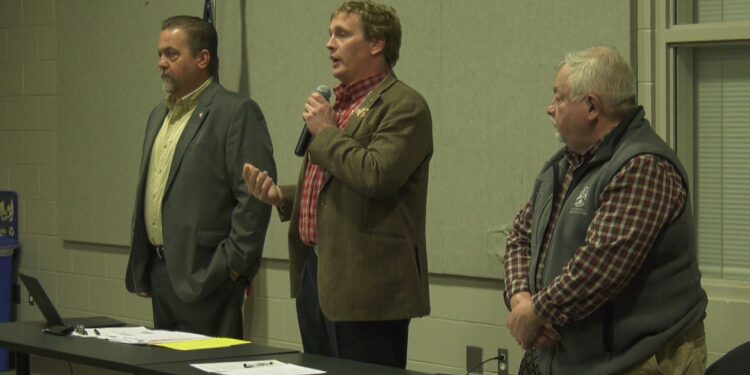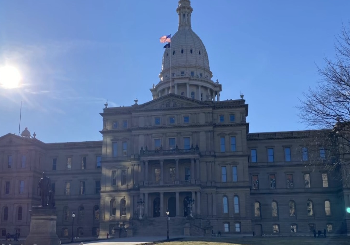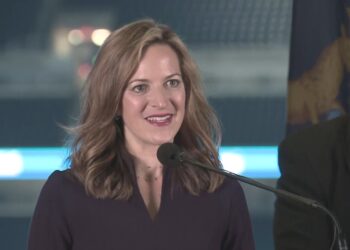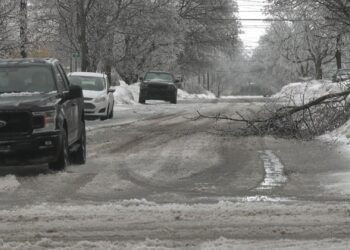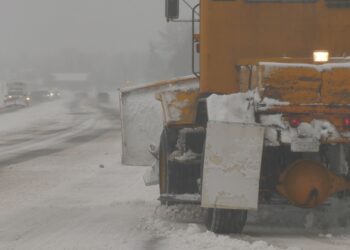ESCANABA, Mich. (WZMQ) – On Tuesday, Republican state legislators spoke with Delta County residents about the recently-passed “MI Healthy Climate Plan,” which aims to get 100% of Michigan’s energy from renewable sources by 2040.
State Senator Ed McBroom and Representatives Dave Prestin and Greg Markkanen addressed constituents at Bay College about the legislation, which the three of them voted against. McBroom says the technology is not where it needs to be for some aspects to be implemented.
“That’s particularly true for us on the carbon capture issues here in the Upper Peninsula, where the ability to inject carbon into the ground is simply not geologically feasible,” he said. “To take some of our natural gas units, which we just installed a few years ago and suddenly bring them to 90% carbon capture as this law requires, is something that we don’t have the technology to do right now. That means that, according to this law, those generated units will have to be taken offline. At present, you and I, all of us are paying for those brand new units and are not scheduled to have completed paying for them until 2049.”
Prestin said the legislation means higher utility rates and lower reliability.
“There’s just so much in this legislation that’s unknown,” he said. “What is the cost of a renewable energy credit that is going to need to be purchased? Because these solar farms and these wind farms have not been constructed yet… Any of the power providers, you’re going to be forced to go out and buy these renewable energy credits [RECs], and there’s no way to quantify what the cost of those RECS are going to be.”
Markkenan believes the legislation diminishes the people’s power.
“This takes local control away from every township government in the U.P. and gives it to an appointed commission, appointed by the governor,” said Markkenan.
Several audience members voiced alternative ideas to parts of the legislation, including a bill allowing for the installation of solar panels on farmland.
“I would like to suggest that the legislature consider new technology for the siting of solar panels on water,” one said. “It’s possible and they’re doing it. There wouldn’t be any farmland that would be affected.”
“Is there a specific reason they don’t put them on buildings in the city?” asked another. “Why do they have to take over farmland and woodlands?”
“This was something that many of us tried to bring forward in the debates on the legislation,” McBroom answered. “There are tons of vacant properties around the state… Many of them are very close to the cities where they need this power. They should have spent far more emphasis on doing the developments in those places.”
Prestin closed the town hall by saying his primary concern is taking care of Michigan’s “core industries” as the state looks ahead to 2040.
“We’ve got thousands of jobs at stake up here in the U.P.,” he said. “We’ve got to make sure that they have affordable energy to be able to carry on… Energy is an equalizer and it raises so many people out of poverty. This legislation is just so aggressive that it really puts the U.P. at a unique risk.”

